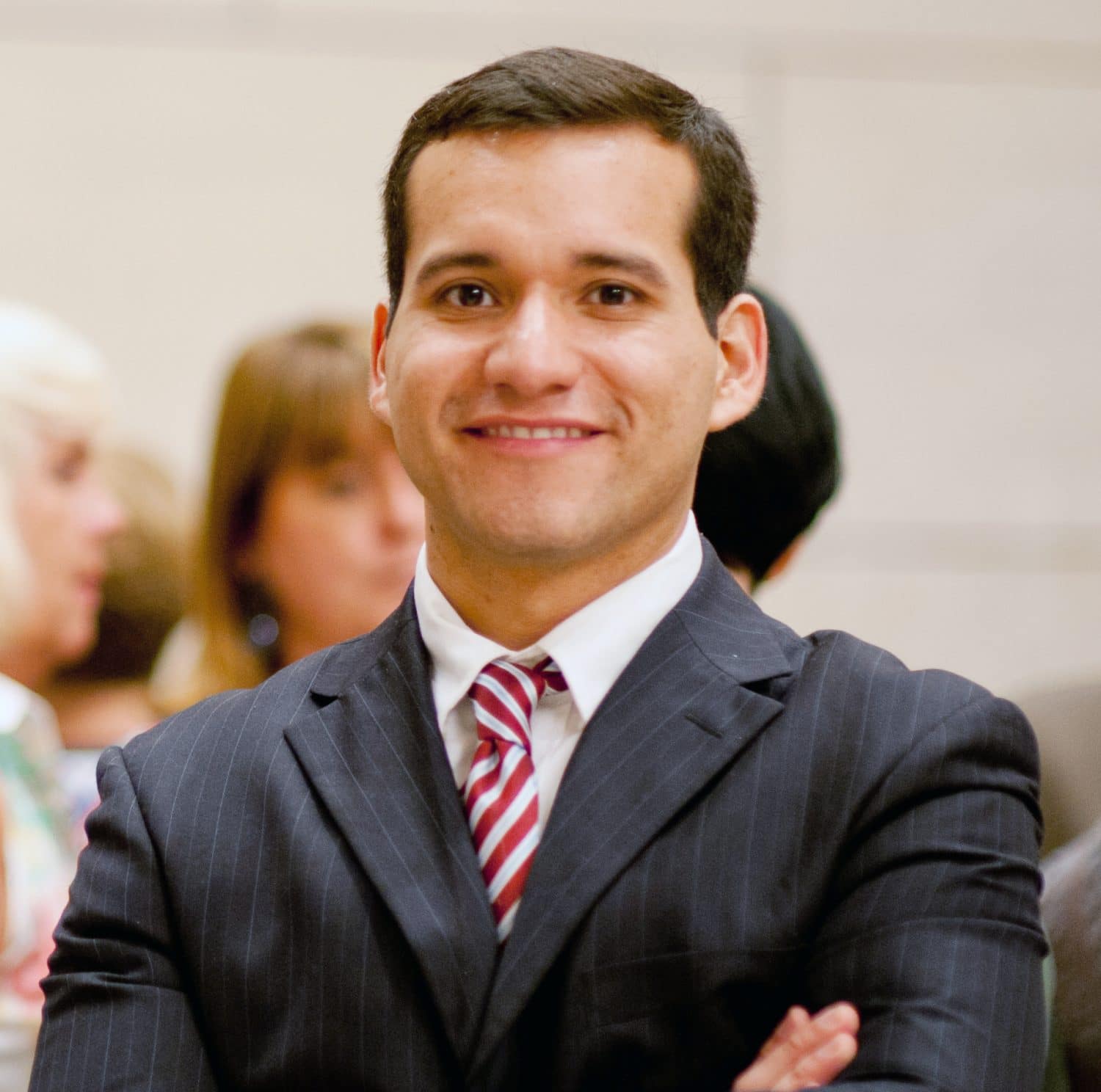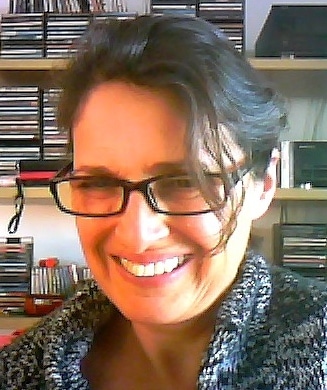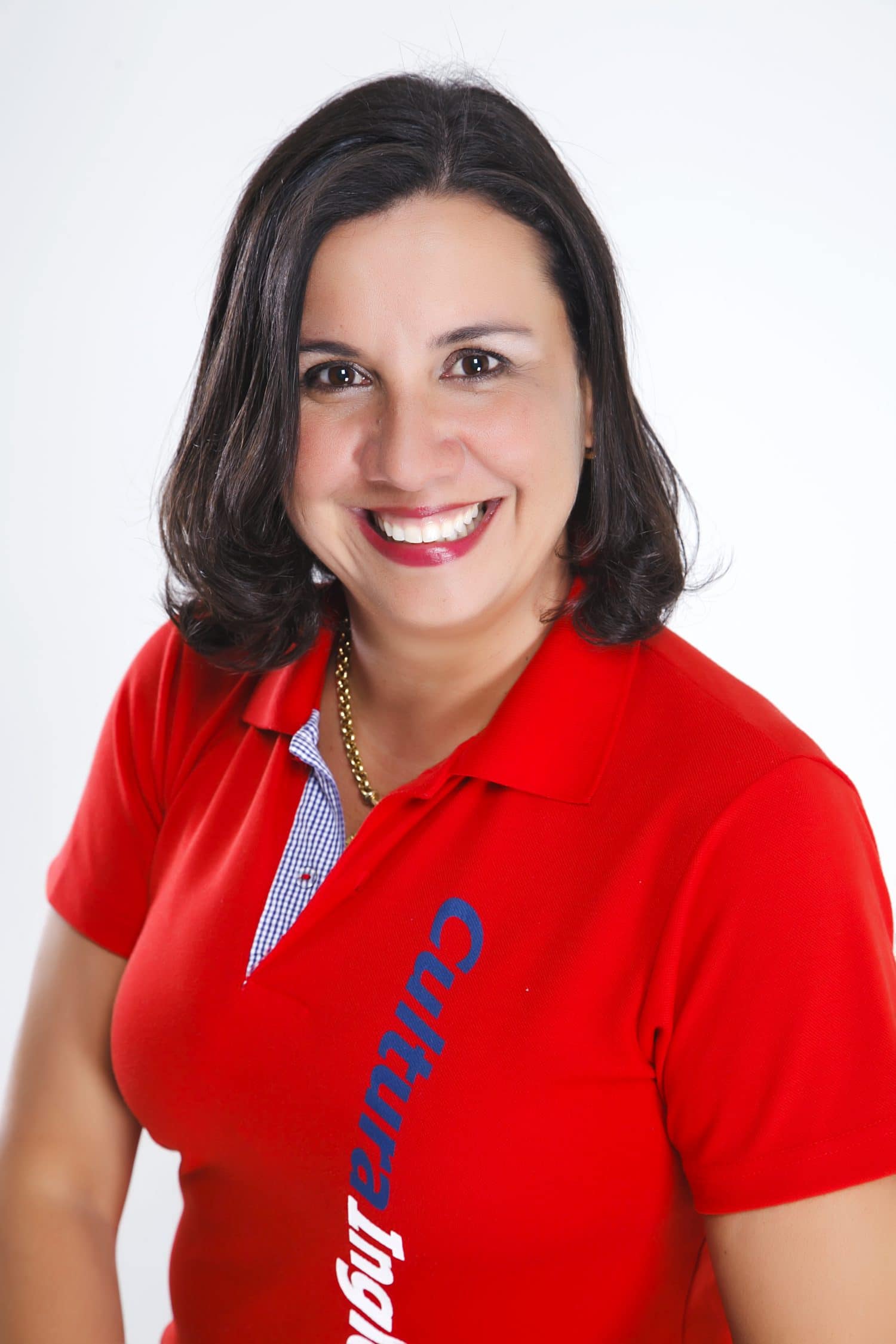Reflection Makes Perfect
The globalized world in the twenty-first-century has brought the English language to the status of lingua franca as countries worldwide use it as the main means of communication for social, economic, and educational purposes. For that reason, the learning of English as a foreign language (EFL) has become a growing issue and a variety of models have been developed to meet the needs of EFL teachers. Because language instruction is consequently delivered in all sorts of socio-cultural settings, EFL professionals are challenged to take an active role in making pedagogical decisions; teachers are expected to continuously learn about language education in order to best meet the needs of today’s language learners. In other words, teachers need to stop and think about ways to improve, share ideas, listen to peer instructors, listen to learners’ opinions, and simply reflect. In what ways are language teachers challenged to reflect?
Inside the foreign language classroom, learning environments can be as diverse as learners themselves. Accordingly, teachers of English as a foreign language need to constantly make sense of their own environment by understanding their learners’ needs and goals and developing teaching strategies, instructional materials, as well as assessment tools. Richards (1996) explained that pedagogical decisions are a result of teachers’ and learners’ beliefs about learning as well as teachers’ knowledge about language and teaching. Hence, teachers’ understanding of their context is a combination of what is presented (reality) and beliefs (how reality is perceived).
Outside the foreign language classroom, teachers are challenged to understand the global demands for language learning, define professional goals, and prepare to become more and more competitive in the chosen field of work. Foreign language professionals’ prestige has grown in the global market, and Miller (2009) affirmed that these professionals have built their own identity within education in general (p. 172). The author explained that such identity is a result of critical reflection and ongoing improvement. In other words, reflection goes beyond the language classroom itself and students’ needs; it is an integral part of an EFL teacher career plan.
All in all, the central challenge of teacher development through reflective practice is to understand teachers’ conception of what they do and how they adopt new ways of planning, instructing, developing materials, and assessing English as foreign language learning. This cannot be achieved simply by exposing teachers to programs or workshops but comes about through teachers constructing their own theories of teaching, drawing from their knowledge, skills training, and their social experience of education.
References
Richards, J. & Lockhart, C. (1996). Reflective teaching in second language classrooms. New York, NY: Cambridge University Press.
Miller, J. (2009). Teacher identity. In A. Burns & J. Richards (Eds.), Second Language Teacher Education (pp. 172-181). New York, NY: Cambridge University Press.





